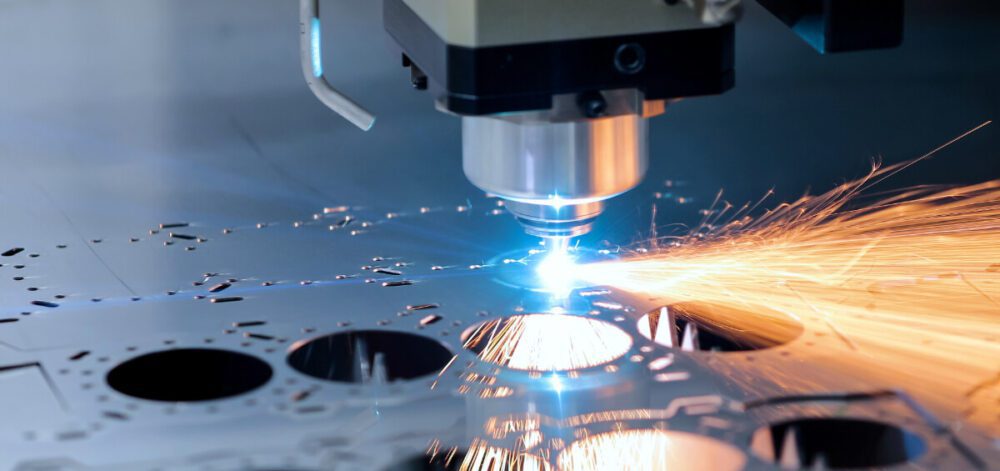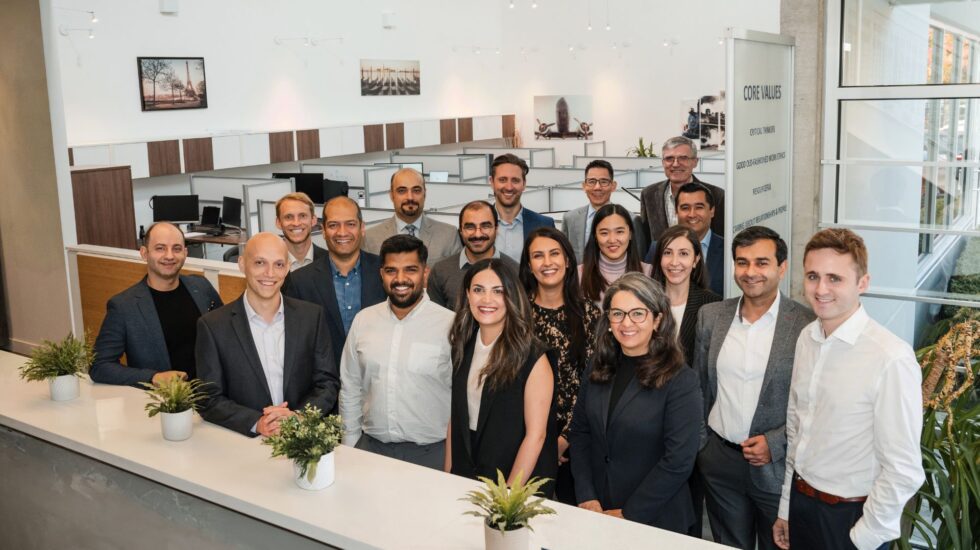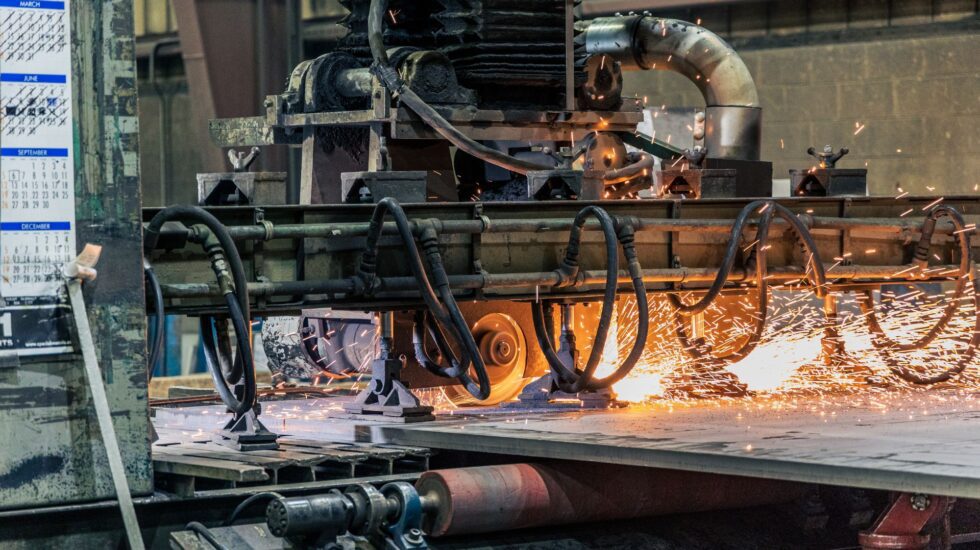Driving Innovation in CNC Machining and Fabrication with SR&ED Tax Credits
In the intricate world of CNC machining and fabrication, staying ahead of technological advancements and industry challenges is crucial for growth and competitiveness. From the automotive to the nuclear sectors, precision in manufacturing is paramount. The Scientific Research and Experimental Development (SR&ED) program provides vital support for Canadian companies facing technological uncertainties in these areas. Let’s delve into the various industrial applications of CNC machining and fabrication and how SR&ED tax credits can be leveraged to foster innovation.
Automotive Industry: Advancing Material and Machining Processes
The automotive industry continually seeks to enhance the performance and efficiency of its components. This is done through the development of advanced materials and optimization of CNC machining processes. Challenges such as material behaviour under stress, tool wear, and thermal effects on machined parts are ripe for SR&ED claims. These innovations not only improve product quality but also contribute to the industry’s evolution in creating more durable and lightweight vehicles.
Manufacturing Industry: Embracing Automation and Multi-Material Techniques
As manufacturers strive to increase productivity and flexibility, the integration of intelligent automation and the development of multi-material joining techniques present significant uncertainties. These include programming advanced robotics, ensuring sensor accuracy, and optimizing process control. SR&ED tax credits can support the exploration and integration of these sophisticated technologies into existing manufacturing lines. This helps push the boundaries of what’s possible in fabrication.
Nuclear Industry: Pioneering in Fuel Fabrication and Waste Management
In the nuclear sector, precision in the fabrication of fuel elements and the development of waste management technologies are critical. The SR&ED program can help recognize the technological uncertainties involved in handling high-risk materials. This includes everything from ensuring safety to enhancing the efficiency of processes affected by radiation. Investments in R&D for these purposes not only lead to safer, more efficient operations but also secure substantial fiscal benefits through SR&ED incentives.
Robotics Industry: Miniaturization and Sensor Integration
The robotics industry demands extreme precision. This is especially true when machining miniaturized components or integrating sensors. The challenges associated with microscale machining—such as maintaining tight tolerances and optimizing material properties—can significantly benefit from SR&ED tax credits. These efforts enhance the capabilities and applications of robotics in various sectors. This includes healthcare, manufacturing, and services.
Partner with Ayming Canada to Maximize Your SR&ED Benefits
Navigating the complexities of SR&ED claims can be daunting. Ayming Canada stands ready to assist your company in identifying eligible R&D activities and maximizing your SR&ED claims. With a deep understanding of SR&ED legislation and a commitment to driving your success, Ayming ensures that your innovative efforts are rewarded.
To discover more about how your CNC machining and fabrication projects can benefit from SR&ED tax credits or to verify your eligibility, contact us today. Let’s innovate together and transform the future of manufacturing!
Contact us today!
One of our experts will be in touch shortly.












No Comments